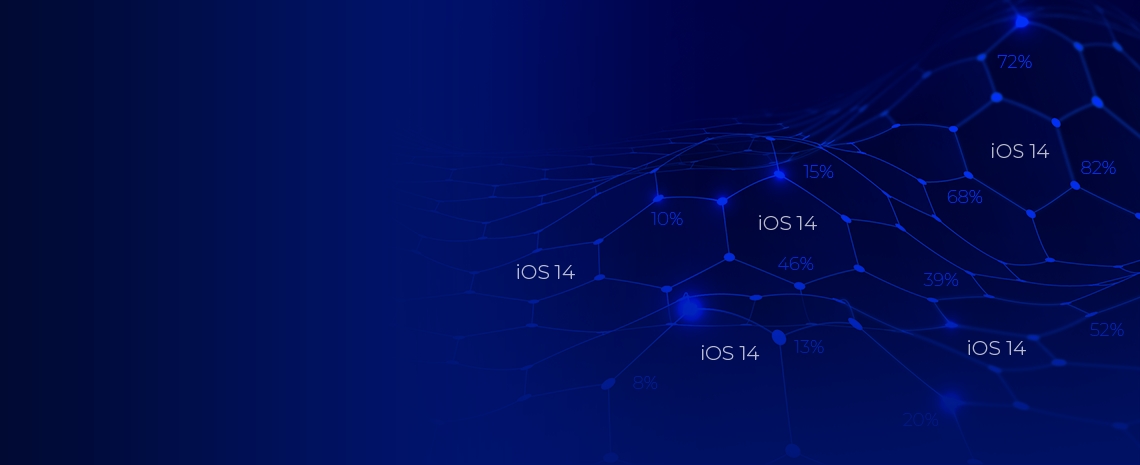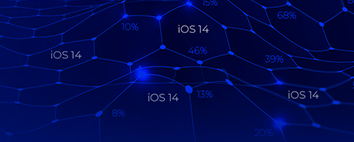“version”: “2.0”,
“ad-network-id”: “com.example”,
“campaign-id”: 42,
“transaction-id”: “6aafb7a5-0170-41b5-bbe4-fe71dedf1e28”,
“app-id”: 525463029,
“attribution-signature”: “MDYCGQCsQ4y8d4BlYU9b8Qb9BPWPi+ixk/OiRysCGQDZZ8fpJnuqs9my8iSQVbJO/ oU1AXUROYU=”,
“redownload”: True/False,
“source-app-id”: 1234567891,
“fidelity-type”: 1,
“conversion-value”: 20
a. partner-campaign-name – Name of campaign name corresponding to campaign ID (String)
b. partner-campaign-id – ID of campaign name corresponding to campaign ID (String)
c. partner-ad-set-id – (String)
d. partner-ad-set-name – (String)
e. partner-ad-id – (String)
f. partner-ad-name – (String)
g. partner-creative-id – (String)
h. partner-creative-name – (String)
i. test – Send as true if sending a ping for testing purposes (Boolean)
j. ip-address – IP address of device the postback is received from (String)
k. user-agent – UA of device the postback is received from (String)















